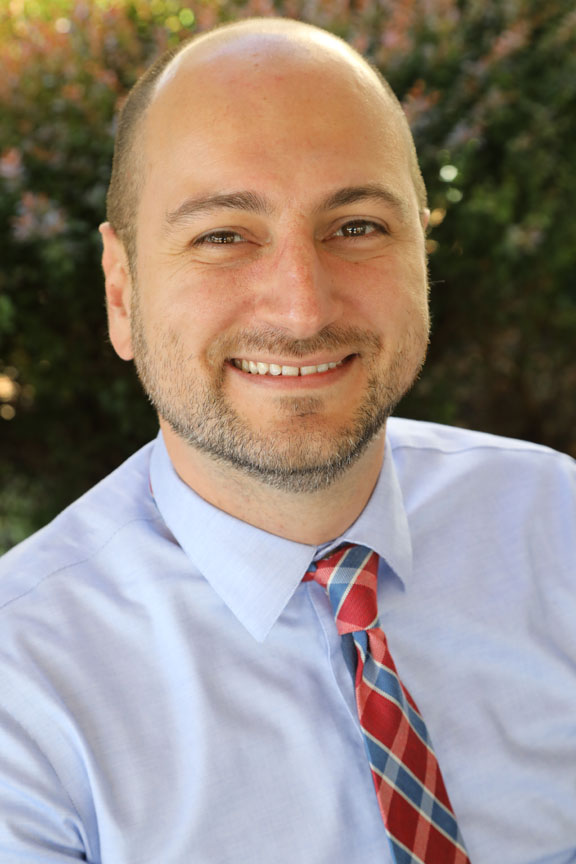2023 Plenary Speakers
Precision Medicine in Autism (PRISMA): Lighting the path to research through community perspectives in Genomic Psychiatry

Daniel Moreno De Luca, MD, MSc
Dr. Moreno De Luca is an Associate Professor, the Principal Investigator of the Precision Medicine in Autism (PRISMA) group, and the inaugural CASA Research Chair at the University of Alberta, Alberta Health Services and CASA Mental Health. He completed his MD at the Universidad Industrial de Santander in Bucaramanga, Colombia, followed by a Master’s in neuroscience at the Université Pierre et Marie Curie, Sorbonne Universités in Paris, France. He then moved to the USA for a Postdoctoral Fellowship in Neurogenetics at Emory University, followed by Psychiatry Residency at Yale University, a Fellowship in Bioethics at Harvard Medical School, and his Child and Adolescent Psychiatry Fellowship at Brown University, where he remained until this past winter. There, following input from the community he serves, he launched a comprehensive program around autism and other neurodevelopmental conditions, which included the creation of two clinical services in Psychiatric Genetic Counseling and Genomic Psychiatry, an autism subspecialty track as part of education within the Child and Adolescent Psychiatry Fellowship, the establishment of the Autism Clinical Network that brought together the clinical and patient community, and the launch of his research efforts in rare genetic variation and its potential to enhance patient care. Aiming to grow the scope and reach of these initiatives, he accepted a position as the Inaugural CASA Research Chair, bringing along the PRISMA group to the University of Alberta to continue advancing genomically-oriented clinical care, education, and research alongside with the autism and neurodevelopmental community.
The Genetics of Substance Use Disorders: Novel Approaches to Identify Genes and Develop Tailored Prevention/Intervention

Danielle M. Dick, PhD
Danielle M. Dick, Ph.D. is a tenured Professor of Psychiatry at Rutgers Robert Wood Johnson Medical School, where she serves as the inaugural director of the Rutgers Addiction Research Center at the Brain Health Institute and holds the Greg Brown Endowed Chair in Neuroscience. She received her Ph.D. in Psychology in 2001 from Indiana University and subsequently completed a postdoctoral fellowship in the Department of Medical and Molecular Genetics. She was on the faculty at Washington University, St. Louis from 2003 – 2007, and Virginia Commonwealth University from 2007 – 2022, before joining Rutgers University. Her research involves studying how genetic predispositions interact with environmental factors to contribute to patterns of substance use/dependence and related behavioral disorders across development. She has served as the Principal Investigator (PI) or site PI on 15 National Institutes of Health (NIH) grants, and Co-Investigator on another 9 NIH grants, with grant funding totaling >30 million dollars. She has >400 peer-reviewed publications, and has won numerous national and international awards, including the Richard Todd Award in Child Psychiatry and Ted Reich Young Investigator Award from WCPG. She has been named as one of the top 1.5% most highly cited researchers in the world across all fields of science. She is also passionate about bringing research to the public in ways that are engaging and accessible; her first book “The Child Code: Understanding your child’s unique nature for happier, more effective parenting” is out now from Penguin Random House.
Discovering Connections Across Psychiatric and Neurodegenerative Diseases Using GWAS and Brain Proteomics

Aliza Wingo, MD
Dr. Aliza Wingo is an Associate Professor of Psychiatry at Emory University. She obtained her B.S. in chemistry from the University of California, Irvine, and her M.D. from Emory University School of Medicine. Following her medical training, Dr. Wingo pursued a post-doctoral research fellowship in genetics and functional genomics. In her clinic, Dr. Wingo often encounters patients with multiple comorbid psychiatric conditions. This sparked her interest in exploring the interconnections among the psychiatric disorders using a multifaceted approach involving phenotypic, genetic, and molecular investigation. Her recent research, which was published in leading journals such as Nature Communications, Nature Neuroscience, and Nature Genetics, has focused on genetic and brain omics data to uncover distinct and shared risk genes and biological pathways among psychiatric and neurodegenerative diseases. Ultimately, her work aims to deepen our understanding of the mechanisms underlying these neuropsychiatric disorders and pave the way for developing novel therapeutic.
